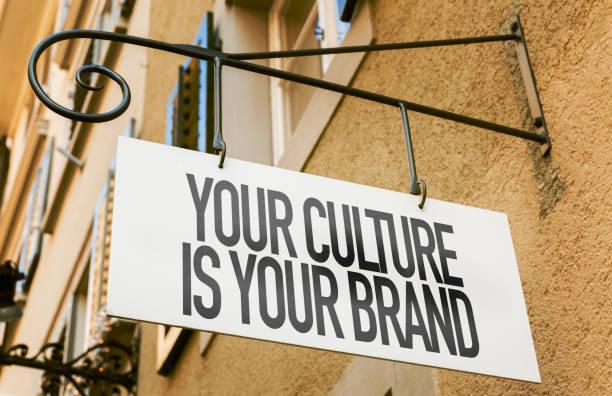How has China’s rapid modernization affected traditional practices, such as tea ceremonies or martial arts? By Hugo Keji

China's rapid modernization has had a profound impact on traditional practices like tea ceremonies and martial arts. While these practices continue to hold cultural significance, they have undergone significant transformations due to social, economic, and technological changes.
Here's an overview of how modernization has affected these traditions:
1. Tea Ceremonies
-
Commercialization and Globalization:
- With modernization, traditional tea ceremonies have increasingly been commercialized. Tea, once a symbol of cultural refinement and spiritual practice, is now often marketed as a luxury commodity both within China and internationally. The global demand for Chinese teas, such as green tea and oolong, has led to the mass production and commercialization of tea, sometimes at the expense of traditional practices.
- Tea ceremonies, which were once intimate rituals emphasizing mindfulness and harmony, have become popular tourist attractions. This has led to a more standardized and performative approach, with some ceremonies tailored to entertain rather than educate or preserve the essence of the tradition.
-
Urbanization and Changing Lifestyles:
- The fast pace of modern urban life has made the leisurely and meditative nature of traditional tea ceremonies less compatible with daily routines. Many people in modern China, especially in urban areas, no longer have the time to engage in lengthy tea rituals and instead opt for quicker, more convenient methods of tea consumption, such as bottled tea or tea bags.
- However, there has also been a revival of interest in traditional tea culture among younger generations, who see it as a way to reconnect with their heritage in the midst of rapid modernization. Tea houses in cities often blend traditional aesthetics with modern conveniences, catering to both locals and tourists seeking a sense of cultural continuity.
-
Cultural Preservation and Adaptation:
- Despite these changes, efforts to preserve and adapt tea ceremonies to modern life are ongoing. Cultural institutions, tea masters, and enthusiasts are working to maintain the integrity of traditional tea ceremonies while making them accessible to a contemporary audience. This includes integrating modern design elements into tea sets and spaces or incorporating tea culture into modern wellness practices.
AfriPrime App link: FREE to download...
https://www.amazon.com/Africircle-AfriPrime/dp/B0D2M3F2JT
2. Martial Arts (Wushu, Kung Fu)
-
Modernization and Sportification:
- Martial arts, particularly disciplines like Wushu and Kung Fu, have been significantly influenced by modernization. Traditional martial arts, which were once deeply rooted in self-defense, spiritual development, and philosophical teachings, have increasingly been shaped into sports and performance arts.
- The establishment of standardized Wushu competitions by the Chinese government has led to a focus on athleticism and aesthetic appeal, sometimes at the expense of the traditional aspects of martial arts. Modern Wushu emphasizes choreographed routines, acrobatics, and speed, which differ from the combat-oriented training of traditional Kung Fu.
-
Media and Popular Culture:
- The global popularity of martial arts films, particularly those featuring stars like Bruce Lee and Jackie Chan, has helped spread Chinese martial arts worldwide. However, this media-driven representation often focuses on the entertainment value of martial arts, sometimes overshadowing the cultural and philosophical depth of the practice.
- In China, martial arts schools have adapted by offering a blend of traditional training and modern fitness, appealing to a broader audience that includes both locals and foreigners. This has also led to the development of new martial arts styles that incorporate elements of modern fitness, such as Kung Fu-inspired aerobics.
-
Cultural Identity and Revival:
- Despite these changes, martial arts continue to play a vital role in Chinese cultural identity. In recent years, there has been a resurgence of interest in traditional martial arts, driven by a desire to preserve cultural heritage in the face of rapid modernization. Government initiatives, cultural festivals, and international exchanges have all contributed to this revival, emphasizing the importance of martial arts as a living tradition that can adapt to contemporary contexts.
- Traditional schools and masters are also finding ways to keep the practice relevant, such as integrating modern pedagogical methods or using digital platforms to reach a wider audience.
China's rapid modernization has led to both the transformation and preservation of traditional practices like tea ceremonies and martial arts. While commercialization, urbanization, and media influence have altered these traditions, there is also a strong movement toward cultural preservation and adaptation. This dual process ensures that while these practices evolve to fit modern life, they continue to retain their cultural significance and connection to China’s rich heritage.
AfriPrime App link: FREE to download...
- Questions and Answers
- Opinion
- Motivational and Inspiring Story
- Technology
- Live and Let live
- Focus
- Geopolitics
- Military-Arms/Equipment
- الحماية
- Economy
- Beasts of Nations
- Machine Tools-The “Mother Industry”
- Art
- Causes
- Crafts
- Dance
- Drinks
- Film/Movie
- Fitness
- Food
- الألعاب
- Gardening
- Health
- الرئيسية
- Literature
- Music
- Networking
- أخرى
- Party
- Religion
- Shopping
- Sports
- Theater
- Health and Wellness
- News
- Culture

